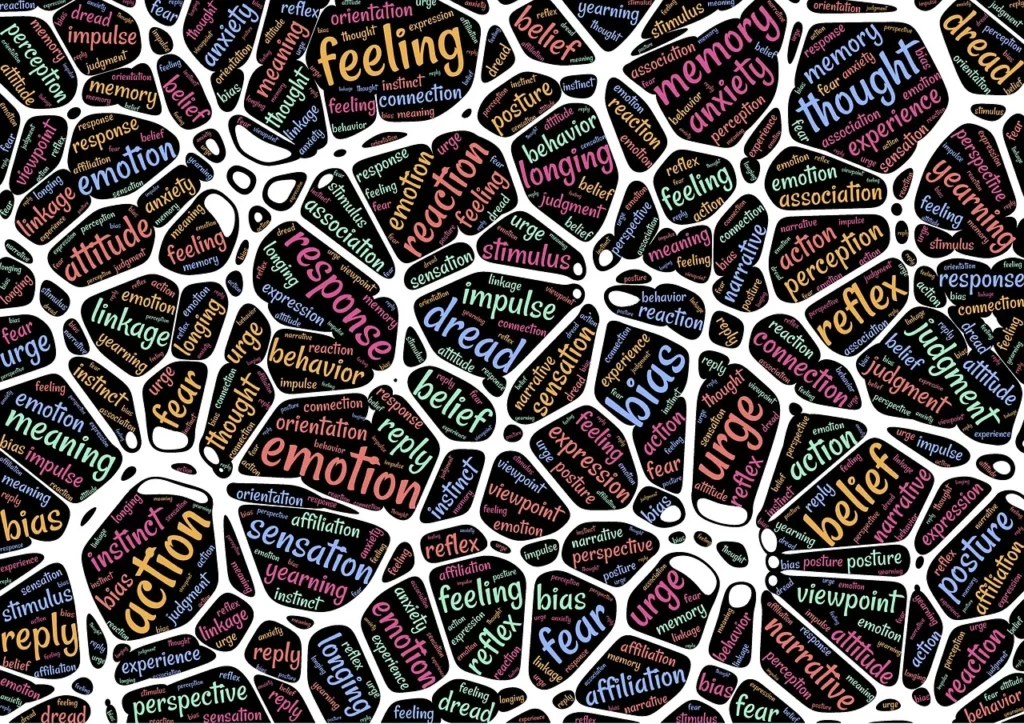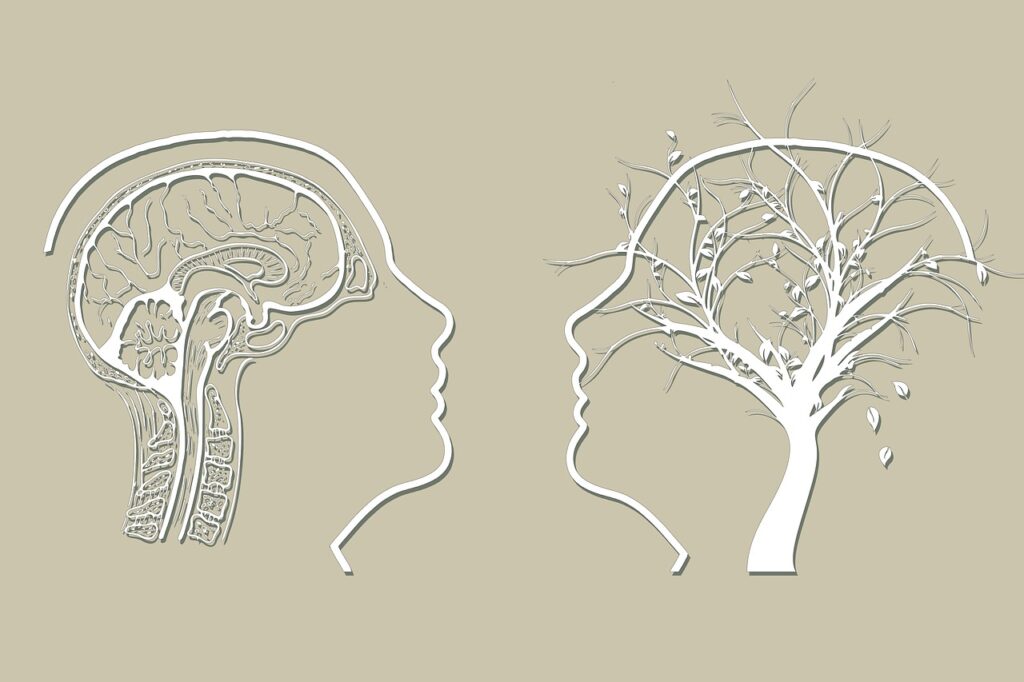
Mental health is a fundamental aspect of our overall well-being, encompassing our emotional, psychological, and social dimensions. It influences how we think, feel, and behave, as well as our ability to cope with life’s challenges and contribute to our communities. In this article, we’ll explore the multifaceted nature of mental health, its components, and how it affects our daily lives.

What is Mental Health?
According to the World Health Organization (WHO), mental health is defined as a “state of well-being in which the individual realizes his or her abilities, can cope with the normal stresses of life, can work productively and fruitfully, and can contribute to his or her community.” This definition emphasizes the importance of resilience, productivity, and community engagement in maintaining mental well-being.
Components of Mental Health:
1. Emotional Well-being:
Emotional well-being refers to our ability to recognize and manage our emotions effectively. It involves experiencing a range of emotions, from joy and excitement to sadness and anger, in a healthy and balanced way.
2. Psychological Well-being:
Psychological well-being encompasses our cognitive and perceptual processes, including our thoughts, beliefs, and attitudes. It influences our perception of reality, problem-solving abilities, and overall mental functioning.
3. Social Well-being:
Social well-being relates to the quality of our interpersonal relationships and social connections. It involves feeling supported, valued, and connected to others, as well as contributing positively to our communities.
4. Subjective Well-being:
Subjective well-being refers to our overall sense of happiness and life satisfaction. It involves evaluating our lives based on our own perceptions and experiences, rather than external standards or expectations.
5. Self-Efficacy:
Self-efficacy is our belief in our ability to achieve goals and overcome challenges. It influences our motivation, resilience, and willingness to pursue our aspirations despite obstacles.
6. Autonomy:
Autonomy is the sense of independence and self-determination in making choices and decisions that align with our values and goals. It involves having control over our lives and actions, rather than feeling constrained by external factors or expectations.
7. Competence:
Competence refers to our perceived ability to effectively perform tasks, solve problems, and achieve success in various domains of life. It involves having confidence in our skills and capabilities.
8. Intergenerational Dependence:
Intergenerational dependence reflects the interconnectedness between individuals and their families or communities across generations. It involves providing and receiving support, guidance, and resources within familial and societal contexts.
9. Self-Actualization:
Self-actualization is the realization of one’s full potential and fulfillment of personal goals and aspirations. It involves pursuing meaningful activities, expressing creativity, and experiencing personal growth and fulfillment.

From a Positive Psychology Perspective:
Positive psychology emphasizes the importance of promoting mental health and well-being, rather than solely focusing on treating mental illness. It emphasizes factors such as resilience, optimism, gratitude, and mindfulness as pathways to flourishing and thriving in life.
Cultural Considerations:
Cultural differences, personal philosophies, and subjective assessments all influence how mental health is perceived and defined. What may be considered healthy or normal in one culture or context may differ from another. It’s essential to recognize and respect diverse perspectives and experiences when discussing mental health.
Early Signs of Mental Health Difficulties:
Early signs of mental health difficulties may include sleep disturbances, lack of energy, changes in appetite, thoughts of self-harm or harm to others, self-isolation, and frequent disengagement or zoning out. It’s essential to recognize these signs and seek support or professional help if needed.
Conclusion:
Mental health is a complex and multifaceted aspect of our overall well-being, encompassing emotional, psychological, and social dimensions. It influences how we perceive ourselves and the world around us, as well as our ability to cope with life’s challenges and pursue our goals. By understanding the components of mental health, recognizing early signs of difficulties, and embracing strategies for promoting well-being, we can cultivate resilience, happiness, and fulfillment in our lives. Let’s prioritize mental health and work together to create supportive and inclusive communities where everyone can thrive.